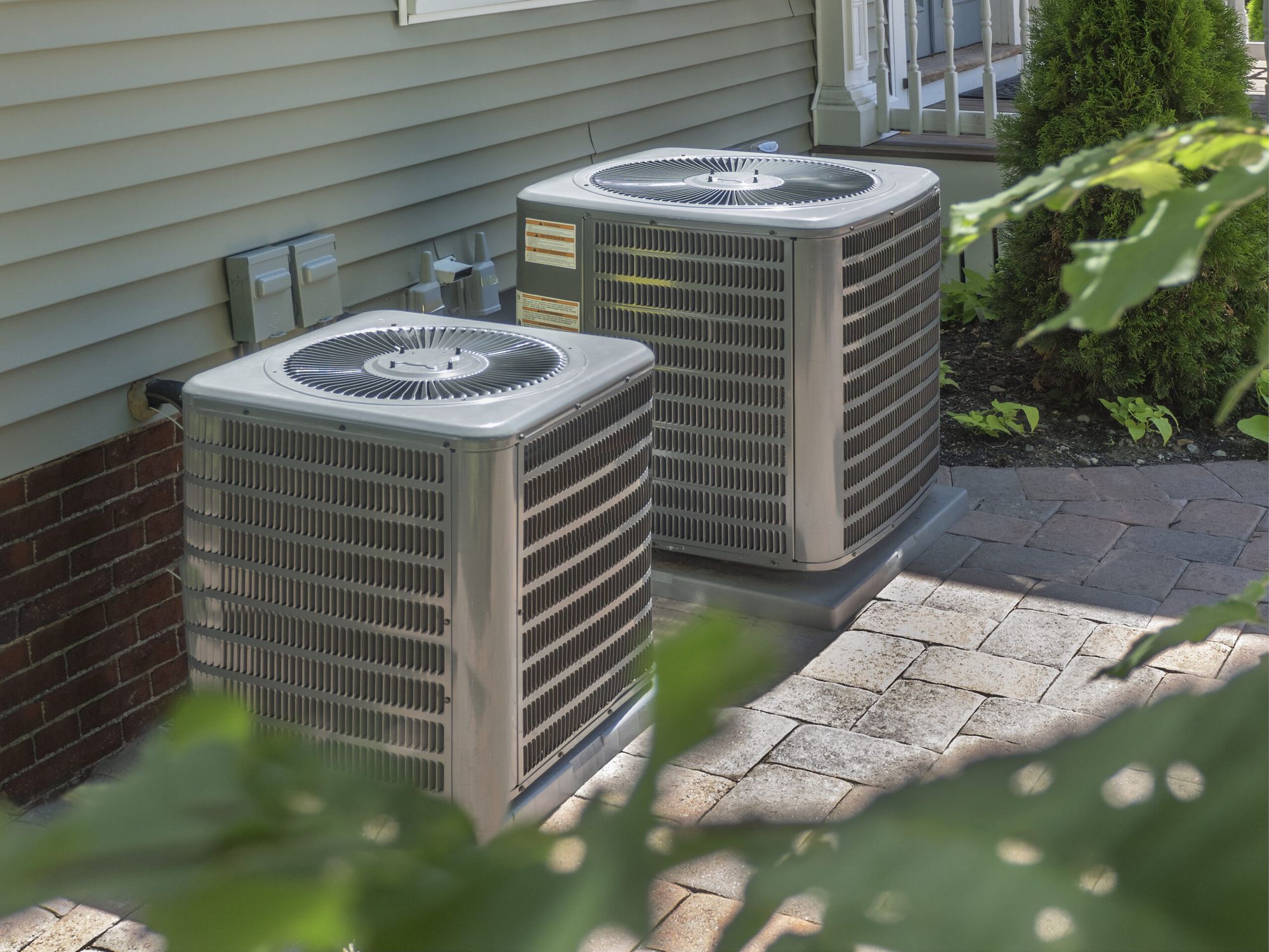There's no doubt about it - home heating and cooling systems are necessary during the colder and hotter months of the year. However, they can also be expensive to operate. That's why it's essential to take some time to learn how to manage your home heating and cooling systems to save money on your energy bills. This blog post will discuss some top tips for managing your home heating and cooling systems effectively!
1. Getting a furnace
For those living in colder climates, getting a furnace is an important step toward keeping your home warm. A good quality furnace can provide enough heat to keep you and your family comfortable during the winter months without breaking the bank. When looking for a furnace, it’s important to consider both the size of your home and the type of fuel source you intend to use. If you opt for a gas or oil-powered furnace, make sure that it is properly installed by a professional to prevent any potential safety issues. As Superior Home Supplies professionals note, a good quality Goodman furnace can last for up to 20 years if it is properly maintained. It's also important to have your furnace regularly inspected and maintained by a technician to keep your system running efficiently.
2. Setting the thermostat
Another key tip for managing your home heating and cooling systems is to set your thermostat correctly. During the winter months, you should keep it set at a temperature that’s warm enough to be comfortable, but not so warm that you’re wasting energy. On the other hand, during the summer months, setting the thermostat a few degrees higher than usual can help reduce energy costs. Additionally, investing in a programmable thermostat can allow you to set certain temperatures at different times of day or night, making it easier to maintain an efficient temperature while taking into account changes in weather conditions.
3. Insulating your home
Insulating your home is another important step towards keeping your heating and cooling costs low. Making sure that your home is properly insulated can help reduce the amount of energy needed to heat or cool your space, which in turn will save you money on your energy bills. There are many different types of insulation materials available, including fiberglass, cellulose, spray foam, and rigid foam. Depending on the size and construction of your home, it’s important to speak to a professional who can recommend the best type of insulation for your needs.
4. Regular maintenance
Next, regular maintenance is essential for ensuring that your home heating and cooling system is running as efficiently as possible. Having an annual HVAC inspection by a professional technician can help identify any potential problems with your system before they become larger (and costlier) issues. Additionally, regular filter changes can help keep your system clean and running well. It’s also important to have your ducts cleaned regularly as this can help reduce the amount of dust and allergens circulating through your home.
5. Utilizing alternative sources of energy
Finally, utilizing alternative sources of energy is another great way to save money on your home heating and cooling costs. Installing solar panels or a geothermal system can help reduce the amount of energy needed to heat or cool your space. Additionally, using fans or opening windows during milder temperatures can also help reduce reliance on air conditioners and furnaces. It’s important to note, however, that these alternative sources of energy can be costly upfront so it’s essential to weigh the potential cost savings when considering these options.
Why is it important to manage your home heating and cooling systems?
By following the tips outlined above, you can save money on your energy bills and reduce your reliance on traditional sources of energy. Additionally, taking steps to maintain a comfortable temperature in your home ensures that you and your family are kept safe from extreme temperatures during both winter and summer months. With proper management, it’s possible to heat and cool your space efficiently while reducing environmental impact. Ultimately, managing your home heating and cooling system is an excellent way to ensure a comfortable living environment while saving money in the long run. Some people may find it overwhelming to manage their systems without professional help. In such cases, it is advisable to work with an experienced HVAC technician who can make sure your system is running efficiently and provide you with the best advice on how to maintain it.
By implementing these tips for managing your home heating and cooling systems, you can be sure that you’re doing your part to save energy — and money! With a little bit of effort on your part, you can easily make the most out of your home’s climate-control system while reducing unnecessary energy costs. Best of luck!

